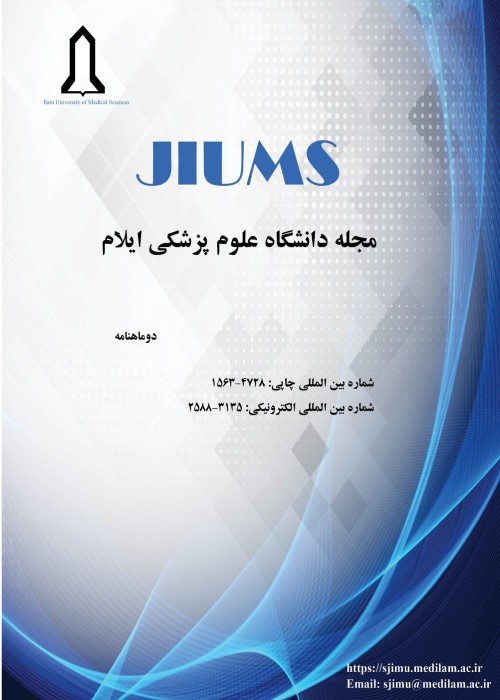Editing of the MALAT1 Gene in MDA-MB-361 Breast Cancer Cell Line using the Novel CRISPR Method
Long non-coding RNAs play an important role in regulating gene expression, RNA processing, histone modification, and rearrangement of chromatin genes. These molecules can also be involved in many biological processes, such as organogenesis, cell differentiation, development, genome imprinting, quantitative compensation, and tumorigenesis. High expression of MALAT1 (a type of lncRNA) in many cancers, including breast cancer, indicates that a disorder of MALAT1 regulation is an important factor in the development of many types of cancer. Breast cancer is the most common cancer among women worldwide, and the invasion, as well as metastasis of this disease, are considered among the main causes of death. The present study aimed to knock out the MALAT1 gene in the MDA-MB-361 breast cancer cell line and evaluate its function and effects on the expression of genes associated with apoptosis.
In this study, two types of sgRNA were designed by CHOPCHOP software for exon 1 of the MALAT1 gene. These sgRNAs were cloned separately into two CRISPR vectors to generate the recombinant vectors PX459-sgRNA1 and PX459-sgRNA2. Co-transfection of these two recombinant vectors into the MDA-MB-361 cancer cell line was performed using lipofectamine 2000. MALAT1 gene editing was investigated in the cells receiving recombinant vectors. The expression of genes related to apoptosis was analyzed by Real-Time PCR. Cell proliferation and apoptosis were assessed by MTT and flow cytometry methods, respectively.
The MALAT1 gene was edited by the CRISPR method in MDA-MB-361 cells. The rate of cell proliferation in the cells of the treatment group, compared to the control groups, showed a significant decrease (P<0.05). Apoptosis levels were significantly increased in cancer cells the MALAT1 gene of which had been deleted. Moreover, the expression of BCL2 and survivin anti-apoptotic genes in treated (edited) cells was significantly reduced, compared to control cells (P<0.05). Increased expression of proapoptotic genes P53, BAK, BAX, and FAS was also observed in the edited cells (P<0.05).
The results of this study confirm that the deletion of the MALAT1 gene has a significant effect on increasing apoptosis and reducing cell proliferation. A reduction in the expression of the MALAT1 gene can prevent the growth and proliferation of breast cancer cell lines. Therefore, it seems that the control of MALAT1 oncogene expression is useful and effective for controlling tumors.
- حق عضویت دریافتی صرف حمایت از نشریات عضو و نگهداری، تکمیل و توسعه مگیران میشود.
- پرداخت حق اشتراک و دانلود مقالات اجازه بازنشر آن در سایر رسانههای چاپی و دیجیتال را به کاربر نمیدهد.


